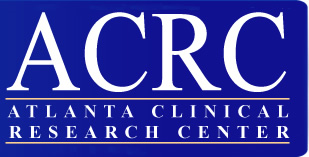


- Hypertension study
- Diabetes study
- Acute coronary syndrome study
- Acid reflux study
- Arthritis study
- Smoking cessation study
- Weight loss study
PATIENT EDUCATION
High Blood Pressure
Blood pressure is the force of blood pushing against blood vessel walls. The heart pumps blood into the arteries (blood vessels), which carry the blood throughout the body. High blood pressure, also called hypertension, is dangerous because it makes the heart work harder to pump blood to the body and it contributes to hardening of the arteries or atherosclerosis and the development of heart failure.
There are several categories of blood pressure, including:
- • Normal: Less than 120/80
- • Elevated: Systolic between 120-129 and diastolic less than 80
- • Stage 1: Systolic between 130-139 or diastolic between 80-89
- • Stage 2: Systolic at least 140 or diastolic at least 90 mm Hg
- • Hypertensive Crisis: Systolic over 180 and/or diastolic over 120, with patients needing prompt changes in medication if there are no other indications of problems, or immediate hospitalization if there are signs of organ damage











